
Understanding Colon Cancer
Let’s dive into the world of colon cancer—a significant health concern that affects countless lives. Colon cancer ranks as the third most common cancer-related cause of death in the United States. Colon cancer takes root in the large intestine affects 1 in 23 men and 1 in 25 women at some point in their life. In this article, we’ll learn about colon cancer, explore its signs and symptoms, delve into its root causes, understand treatment options, and arm you with natural strategies to support your well-being.


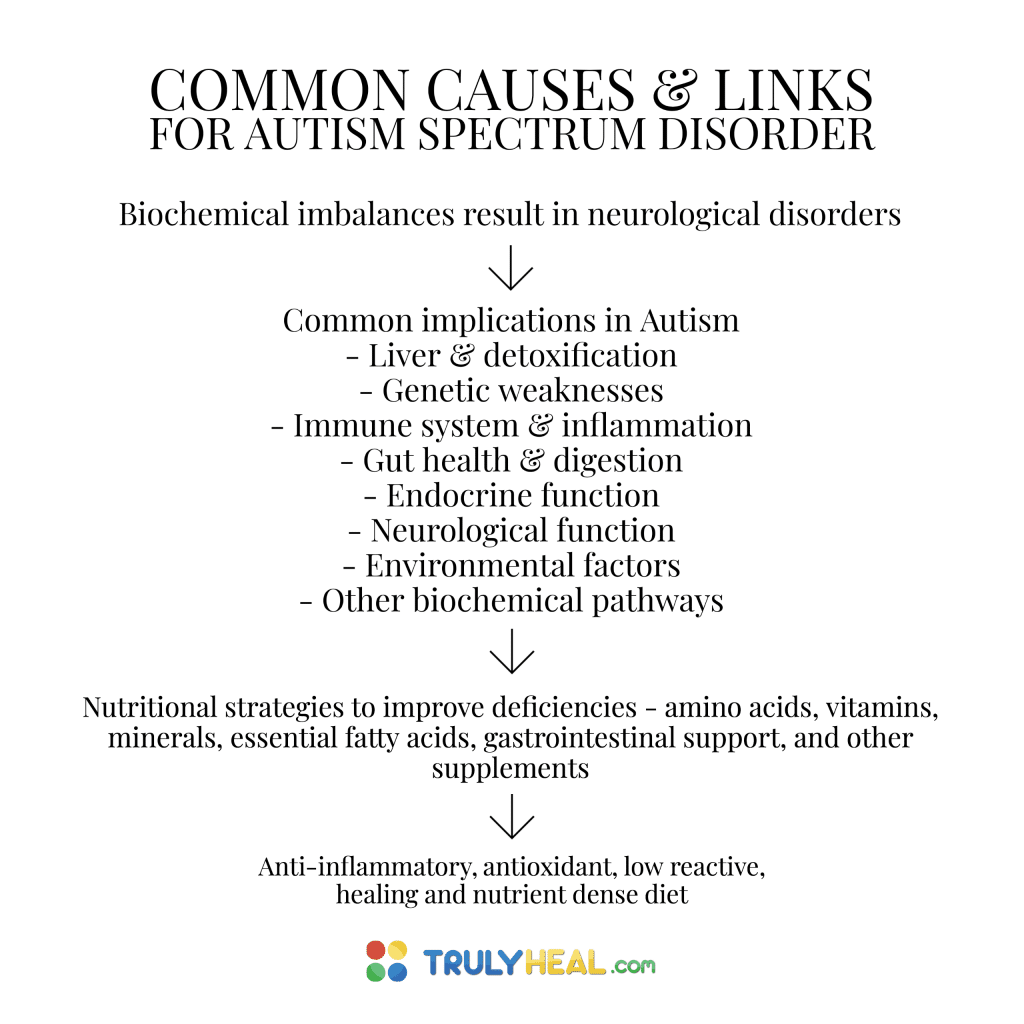
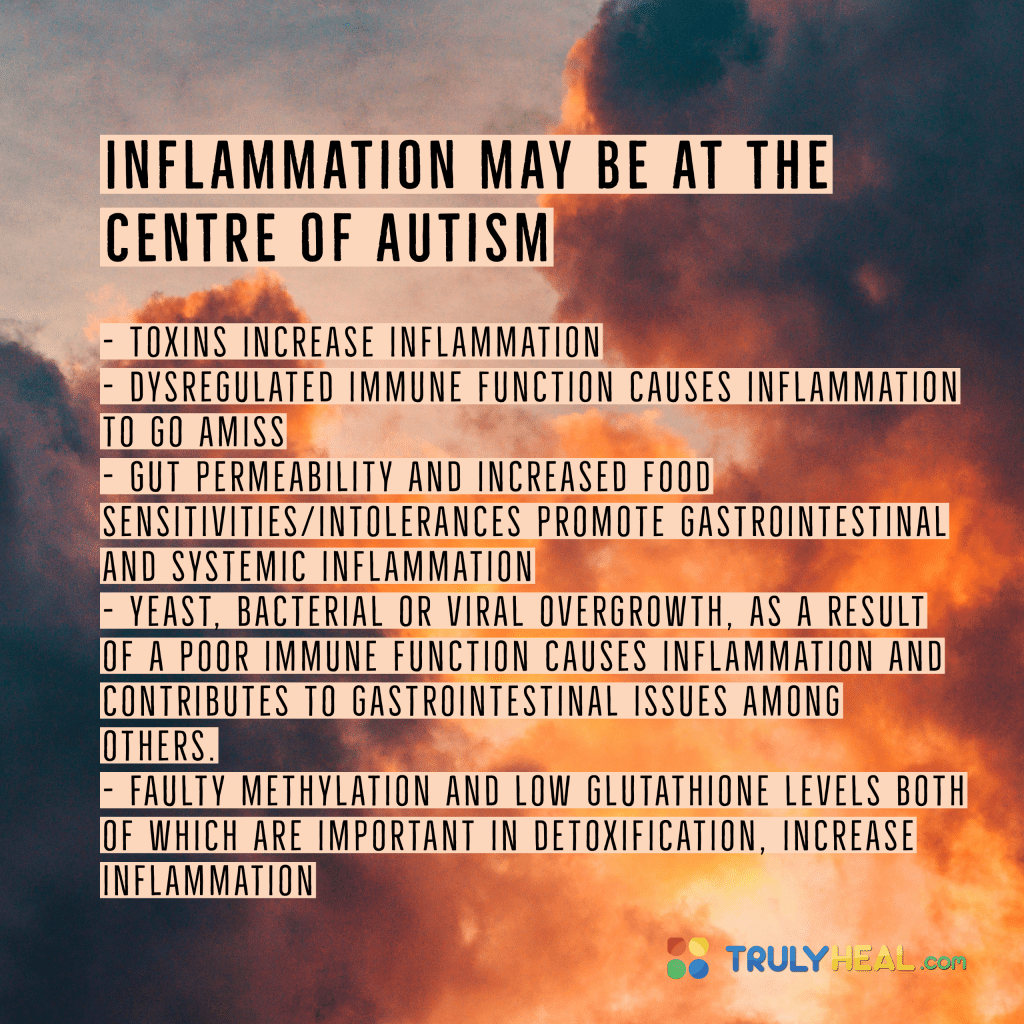
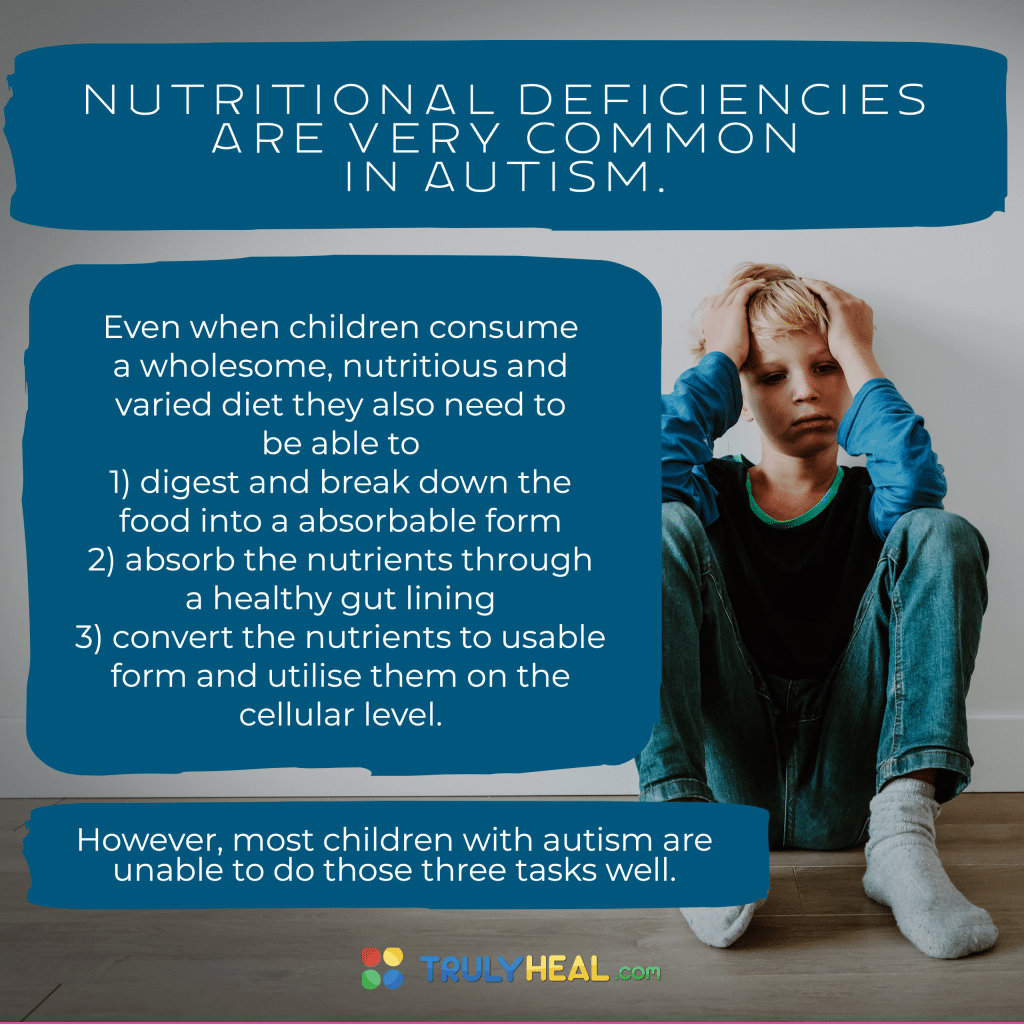
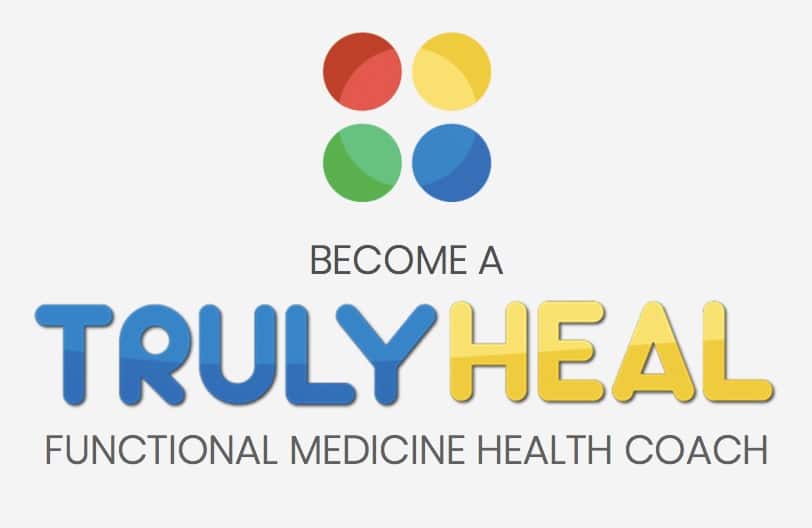


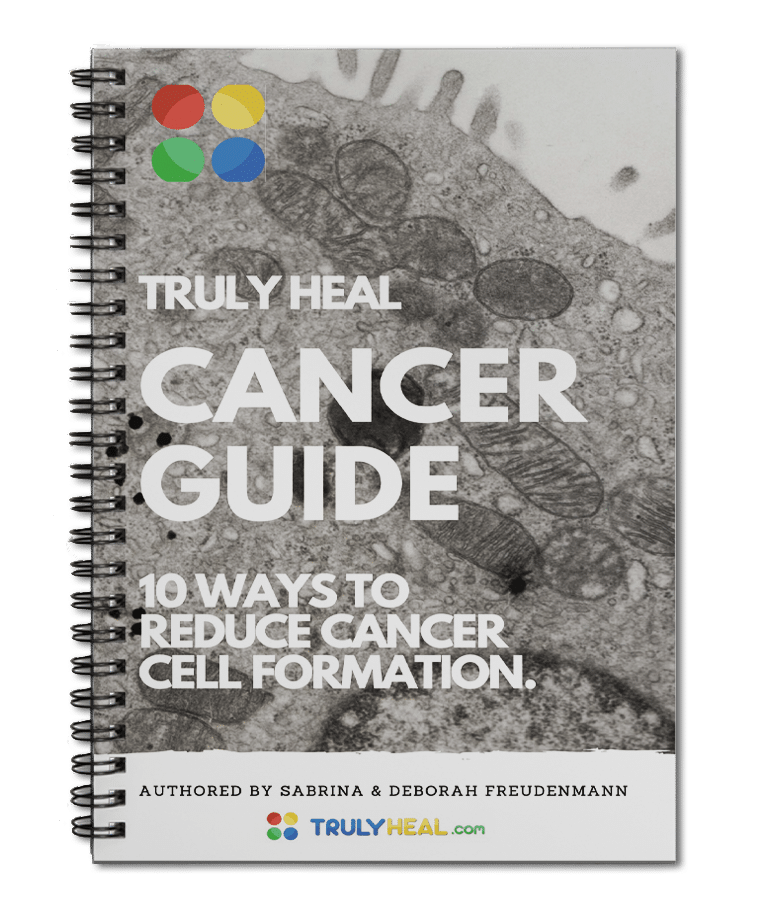
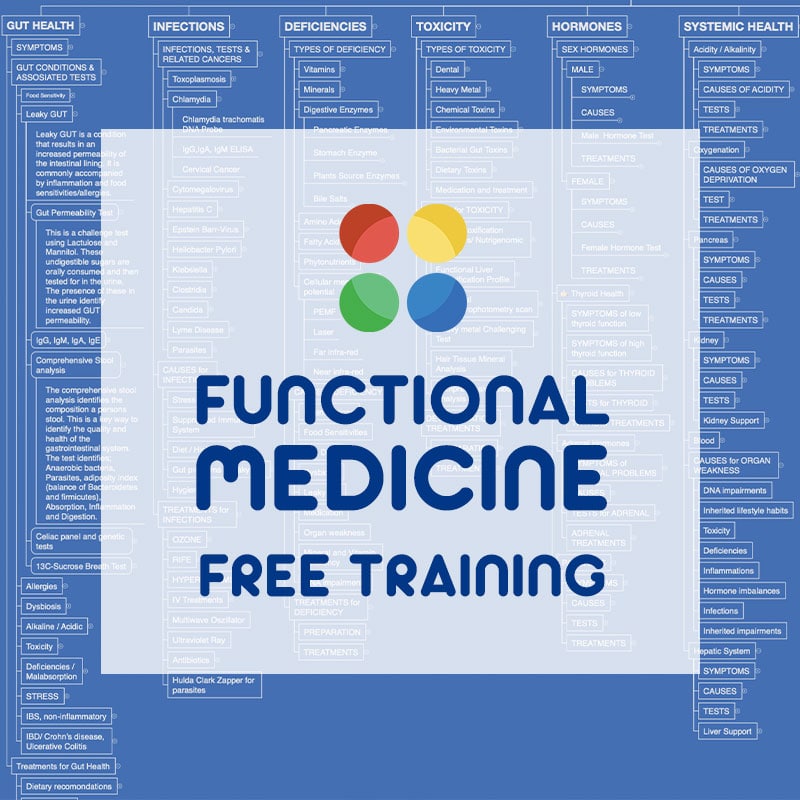
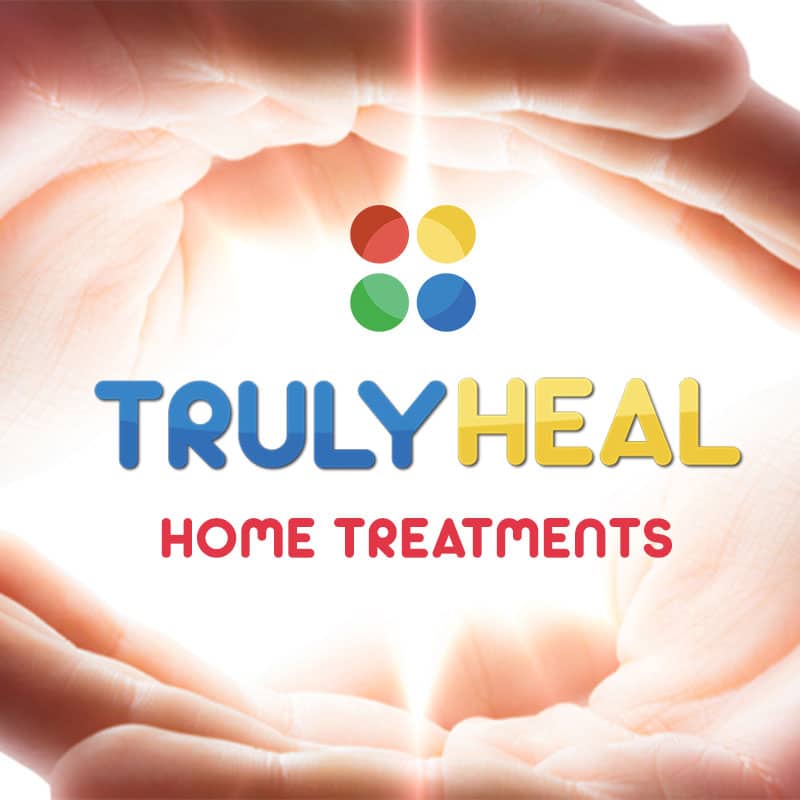

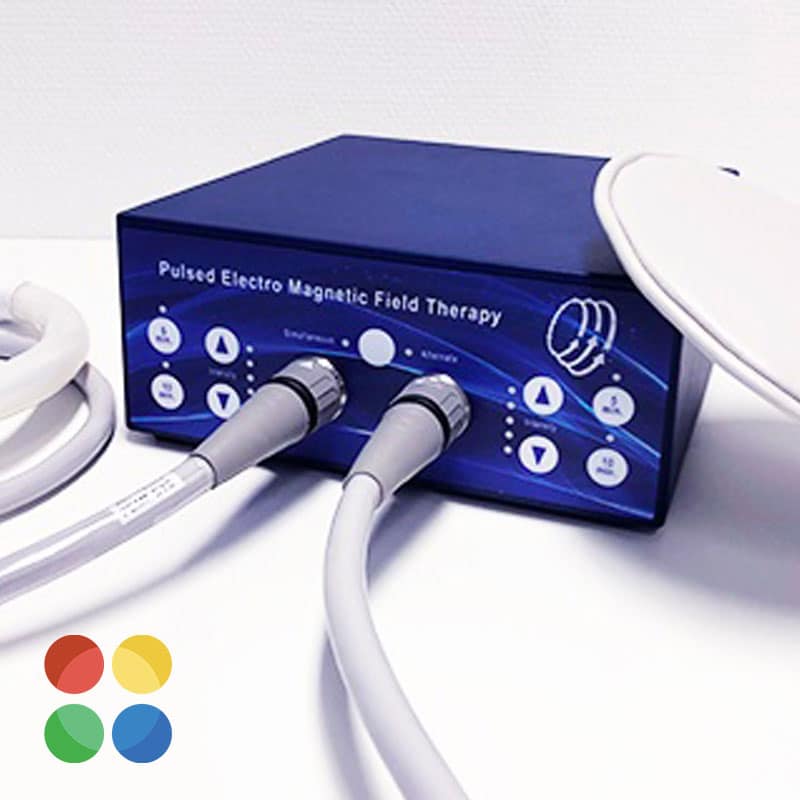

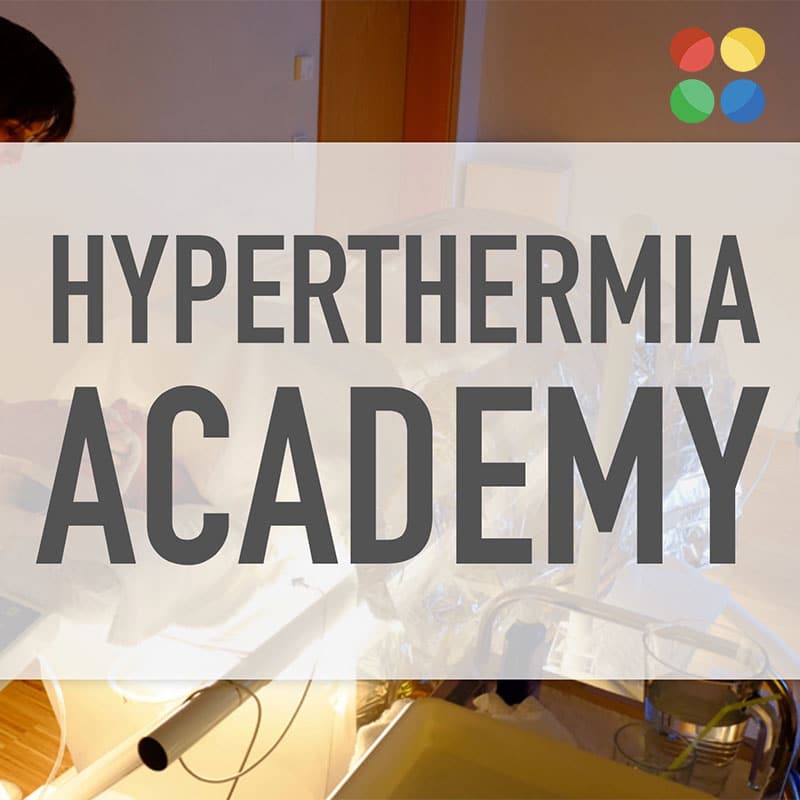


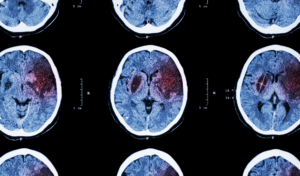
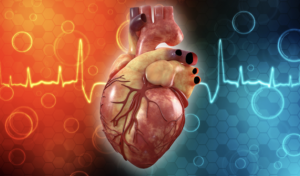
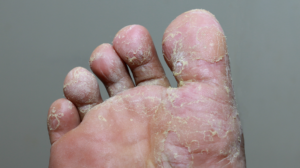

3 Responses
Great blog focusing on one of the true epidemics of our time affecting all of us. Gut health is key in any functional approach to any condition as it is the core of our functional being. A few thoughts…
Glutathione- Methionine and cysteine are precursors for glutathione and contribute to its synthesis. NAC in supplement form is a powerful Glutathione precursor. Silymarin, the active substance in milk thistle has been found to increase Glutathione levels in the liver by up to 50%. Glutathione is essential in the detox of mercury as well as Acetaminophen (Tylenol), Penicillin, Tetracycline and other toxic metals like lead and cadmium.
Inflammation via cytocines activated by the CCR5 pathway and IL-6 appear to be very active in this condition. There are some EXTREMELY exciting CCR5 blockers that calm this cytokine production big time, unfortunately, neither is readily available. The first, a natural substance is Anibamine. The other is a monoclonal antibody (Leronlimab) and is currently being tested for licensing for other applications. I hold great hope that these two will be a game changer in dealing with the development and possibly reversal of Autism Spectrum Disorder.
Besides ‘treating’ the condition, focus should be placed on prevention and limiting or eliminating contributing factors, especially at the time of early diagnosis before the condition has developed into a debilitating condition.
There are many common neurotoxins which should be avoided. The problem is, none of us know whether we have genetic susceptibility until severe damage has been done. Maybe we should all be avoiding these neurotoxins like the plague?
Be well
Thank you kindly Darren for your wonderful words! You are very right, there is so much within functional medicine that we can do to address this epidemic. Not only “treating or addressing” the condition itself but also preventing the development for all future generations and parents. It is certainly difficult in our era to completely avoid all these neurotoxins but we can certainly support our systems to do the best possible.
With much appreciation
Deborah
THE THERAPY OF CHELATION FOR TOXIC METALS IS USEFUL IB CHILDREN